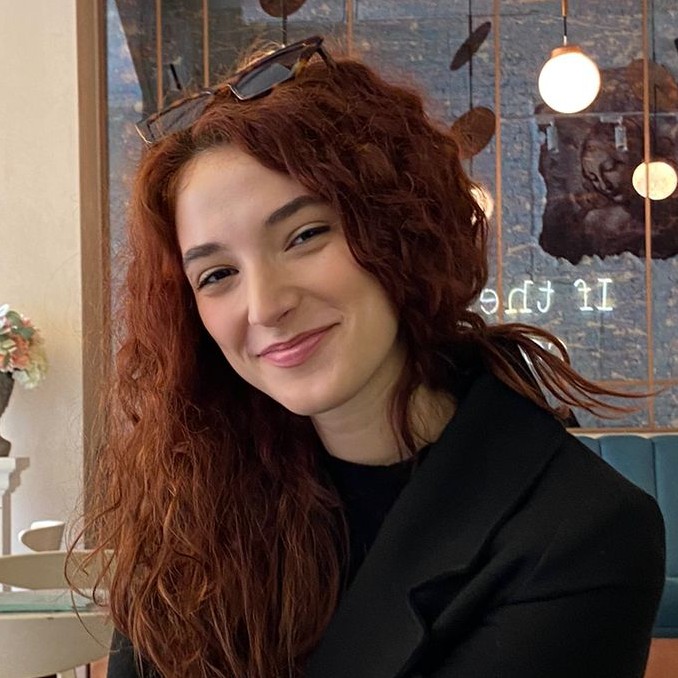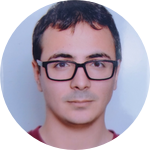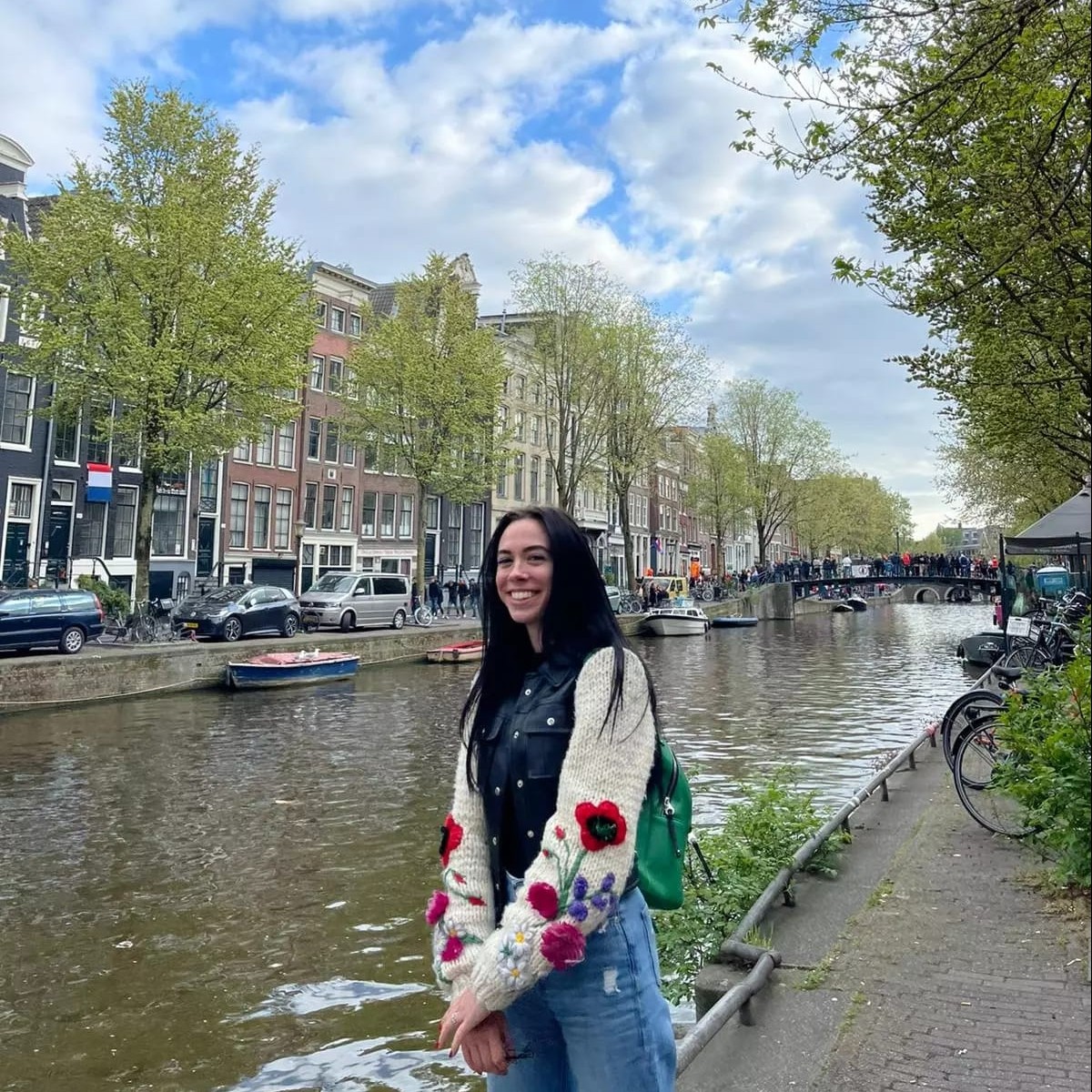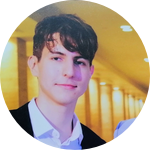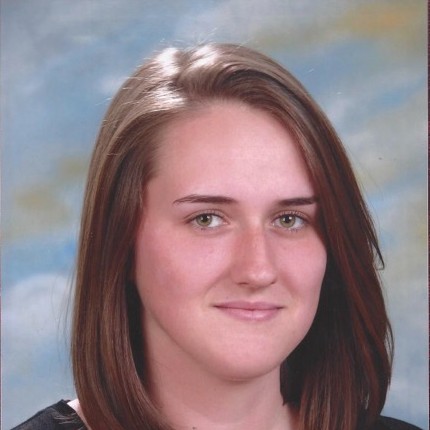About This Project
This paper examines value differences between positive deviants and other socioeconomic groups using Schwartz's model. Positive deviants are individuals who excel in outcomes, and Schwartz's model includes four factors: Openness to change, Self-enhancement, Conservation, and Self-transcendence. Identifying values promoting economic mobility offers a framework to assist the impoverished in the existing economic-political order.
Ask the Scientists
Join The DiscussionWhat is the context of this research?
Economic inequality seems to be one of the world's biggest challenges today. Further exacerbated by the pandemic and the accompanying economic crisis, it poses a challenge for developing and developed countries. The consequences of inequality affect individuals as well as society as a whole. People with low socio-economic status (SES) are less likely to believe they can change their status, which leads them to behave less frequently in ways that could potentially lead to economic mobility. This paper examines the value differences between positive deviants and other SES groups, using Schwartz's model to identify qualities for escaping poverty.
What is the significance of this project?
The entire concept of positive deviance can be viewed as a new paradigm for solving social problems. For example, in HIV prevention, the conventional approach would focus on the 95% of sex workers who do not use protection. A small percentage (5%) manages to use protection in the same conditions and with the same resources. The positive deviant paradigm examines the techniques and strategies this small percentage uses to achieve desired outcomes. Identifying the reasons that make positive deviants successful can help us design interventions applicable to a broader population. In past research, the positive deviant paradigm has been used in an attempt to solve the problem of economic inequality.
What are the goals of the project?
This paper investigates the differences in values between positive deviants and other SES groups using the Schwartz's value model which includes ten distinct values organized into four broad factors: Openness to change, Self-enhancement, Conservation, and Self-transcendence. We analyze data from the European Social Survey, including respondents from both Western European and post-communist countries as separate groups. Our research questions include both individual and social standpoints: (1) Do positive deviants hold different values to other SES groups? (2) Can values explain the difference in PD rates across different countries (Western European and post-communist)? (3) Is there a difference in systematic support for the poor between SES groups?
Budget
Often researchers from richer non western countries do not get a chance to publish in top journal because university budgets do not cover this cost. Researchers need to be resourceful both in study design, collection and publishing. Help us raise a fund to be able to cover costs of publishing in our aimed journal ("Scientific Reports").
Endorsed by
 Project Timeline
Project Timeline
Data analysis and completing the manuscript are planned to be finished by the end of May. Applying to potential journals is expected to be carried out in June. While we have control over the data analysis and conclusion stages, submitting our research to a top journal like "Scientific Report" poses uncertainties, including the time-consuming review process and publishing costs. Publishing in a top journal is our goal due to the theoretical and practical relevance of our research topic.
May 16, 2023
Data analysis
May 23, 2023
Finish manuscript
May 30, 2023
Apply to journals
May 30, 2023
Project Launched
Meet the Team
Affiliates
Team Bio
This research paper is a product of the third-year social psychology class. This is the first time students are involved in writing a research paper from start to finish. Since October 2022, the team of 21 student has participated in various tasks, shifting between activities to familiarize themselves with the research process. The main activities included collecting literature, evaluating previous findings, creating hypotheses and methodological frameworks to conduct research.
Milica Vdovic
Milica Vdović is an alumna of FMK and a master of psychological studies in statistics at HSE in Moscow. She is employed as an assistant at the Faculty of Media and Communications, where she teaches methods in social psychology and mentors students who are interested in research work. Milica is part of the FMK lab where she is involved various research projects in social psychology, primarily in the field of morality. Her works were published in the most prestigious journals such as "Nature Human Behavior" and "PNAS". Milica is part of various associations such as JRP and Rladies. In addition to research work, Milica is a supervised transactional analyst. Milica is the mentor of this research and participates in every step of conducting it.
Marko Janković
Psychology student at Faculty of media and communications in Belgrade
Aleksandra Milić
I'm studying for my bachelor’s degree in Psychology, Faculty of Media and Communications, Belgrade. I did an internship in the Center for Youth Integration, the drop-in Shelter service. I volunteered in the same organization in the Program of education as a child educator. I’m also enrolled in the education program in Transactional Analysis. Additionally, I participate in the process of writing and publishing research papers towards Social psychology. I am a part of two teams of undergraduates working with ESS data collection.
Vladislav Pančevački
I am currently third year psychology student at Faculty of media and communications in Belgrade. I have a bachelor's degree in Communication technologies at the Department School of Information and Communication Technologies in Belgrade, and am employed as a QA engineer at Global IT Factory.
I'm interested in evolutionary, cognitive and social psychology, and I thoroughly enjoy exploring topics such as artificial intelligence and morality.
At the moment, I am participating in total of 4 different student projects in areas of social and cognitive research psychology.
In the future, I hope to contribute to our collective knowledge and understanding of various aspects of humanity as a whole, some of them would be short-term and long-term intimate partner preferential behavior, the impact of social media trends on individual and group mental health, effects and defects of pornography use, but also development of self-stigmatization in marginalized groups. My hope is to gain valuable insights and help formulate strategies that optimize long-term individual and group well-being.
Tiana Aleksandra Maric
Tiana is a psychology student at the Faculty of Media and Communications and an intern at the Institute of Criminological & Sociological Research in Belgrade, Serbia. Currently, she is working on four empirical research projects within the faculty as well as the PrisonLIFE project, supported by the Science Fund of the Republic of Serbia. In addition to research work, Tiana is also enrolled in the Constructivist Psychotherapy Education Program, organized by the Serbian Constructivist Association. Tiana is interested in Social and Individual Differences psychology.
Marija Petrović
Psychology student at Faculty of media and communications in Belgrade
Aleksandra Stanimirovic
Psychology student at Faculty of media and communications in Belgrade
Marko Ercegović
Psychology student at Faculty of media and communications in Belgrade
Marija Čukić
Psychology student at Faculty of media and communications in Belgrade
Teodora Majkić
Psychology student at Faculty of media and communications in Belgrade
Milica Šljanić
Psychology student at Faculty of media and communications in Belgrade
Sara Bobičić
I am a third year psychology student at Faculty of Media and Communications in Belgrade. I have developed a genuine passion for understanding the intricacies of human behavior, particularly within the fascinating realm of social psychology. My keen interest extends beyond theoretical knowledge, as I actively engage in conducting research and analyzing data. Exploring the complexities of the human mind and unraveling the mysteries of social dynamics truly captivate me, creating an engaging and intellectually stimulating journey.
Dominik Jovan Marolt
Psychology student at Faculty of media and communications in Belgrade
Hristina Kamenovic
I am a currently a third year student of Psychology at the Faculty of Media and Communications in Belgrade. During my studies I have developed big interest and love for research psychology. I find it to be like a big playground that allows one to be creative and innovative. Currently I am involved in 3 research projects all related in some ways to Social Psychology which is also one of my main interests for future areas of research and work.
Katarina Nikolić
Psychology student at Faculty of media and communications in Belgrade
Milica Prelić
Psychology student at Faculty of media and communications in Belgrade
Milica Kojić
Psychology student at Faculty of media and communications in Belgrade
Mila Kristic
Psychology student at Faculty of media and communications in Belgrade
Irena Vajović
Psychology student at Faculty of media and communications in Belgrade
Olga Markovic
Studying for my bachelors degree in psychology. My main interests are developmental and social psychology.
Jelena Rakocevic
Psychology student at Faculty of media and communications in Belgrade
Lana
Psychology student at Faculty of media and communications in Belgrade
Lab Notes
Nothing posted yet.
Additional Information
This is the first research paper of a group of undergraduate students.
Students involved in project are: Marija Petrović, Katarina Nikolić, Milica Šljanić, Olga Marković, Hristina Kamenović, Aleksandra Milić, Milica Kojić, Tiana A. Marić, Teodora Majkić, Vladislav Pančevački, Aleksandra Stanimirović, Irena Vajović, Sara Bobičić, Marko Janković, Jelena Rakočević, Marko Ercegović, Lana Matković, Marija Čukić, Mila Kristić, Milica Prelić & Dominik Jovan Marolt.
Project Backers
- 0Backers
- 0%Funded
- $0Total Donations
- $0Average Donation







